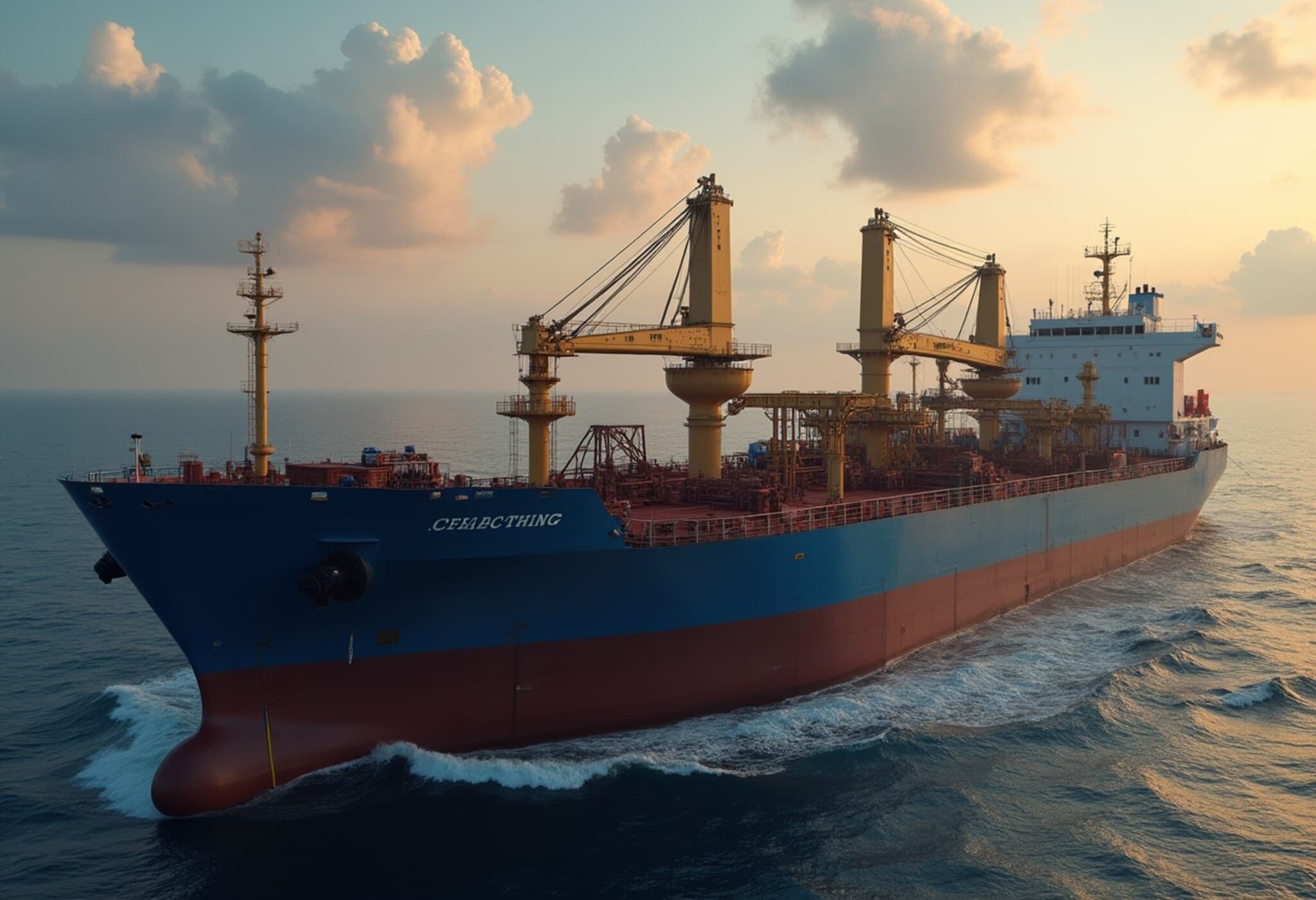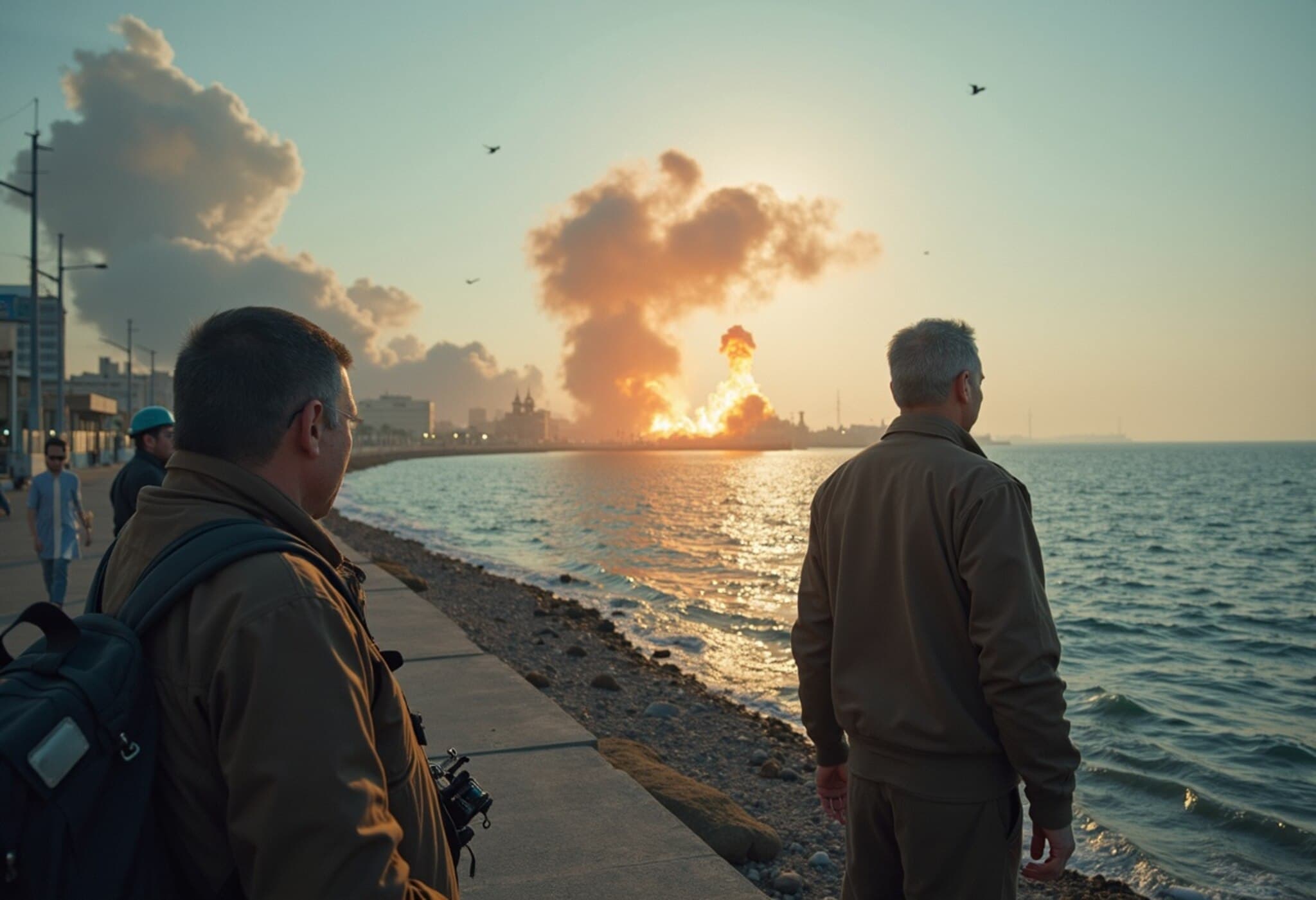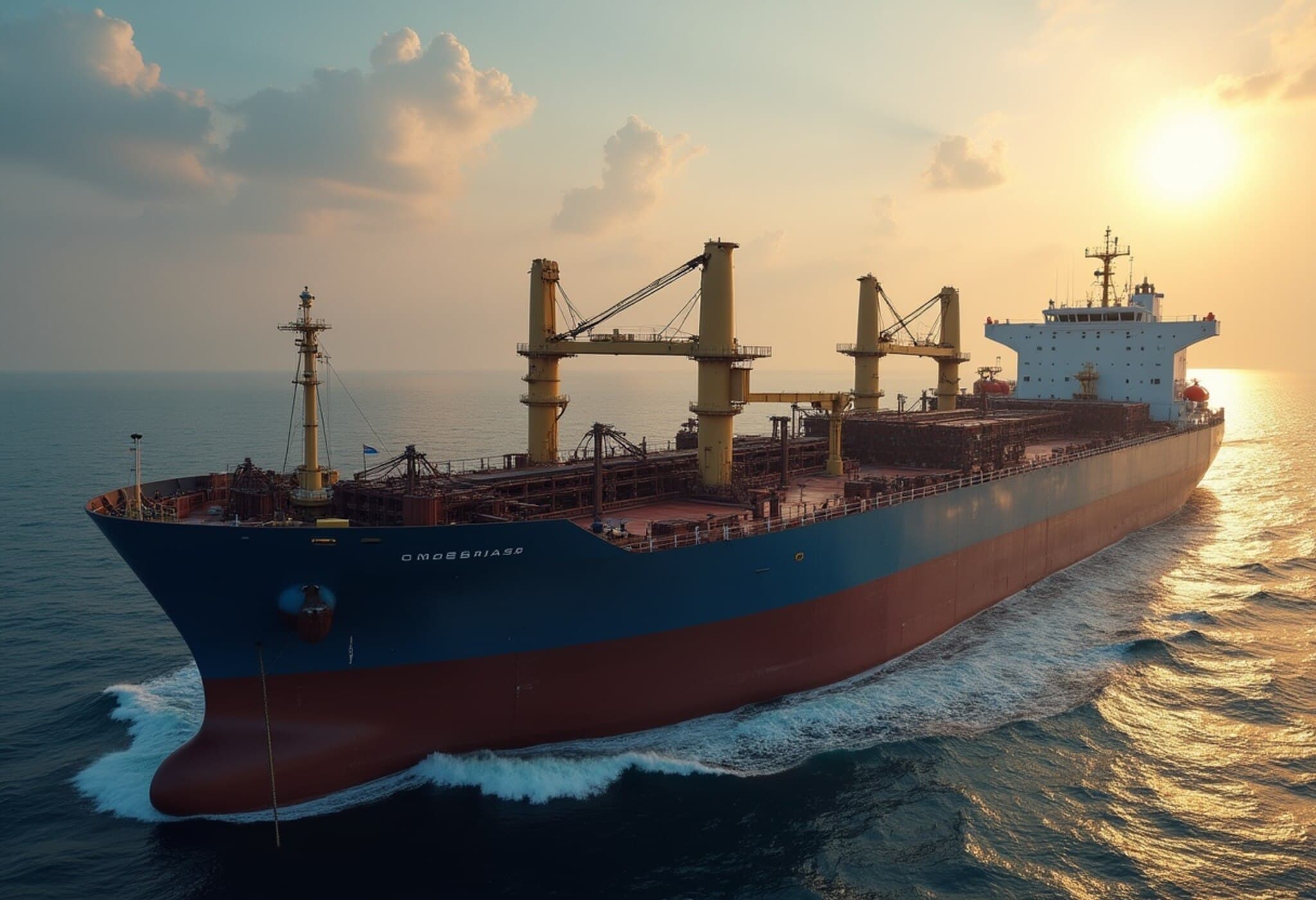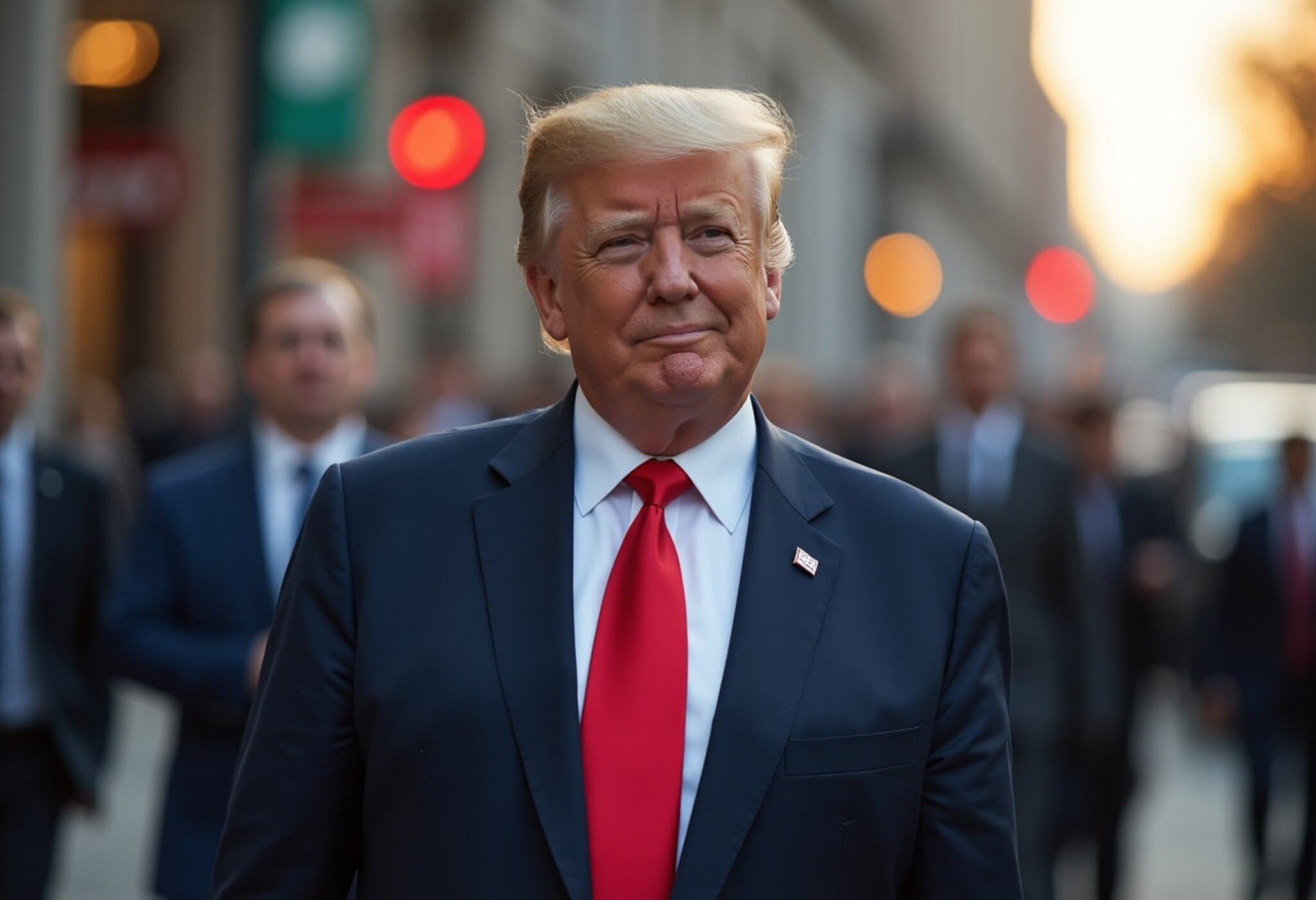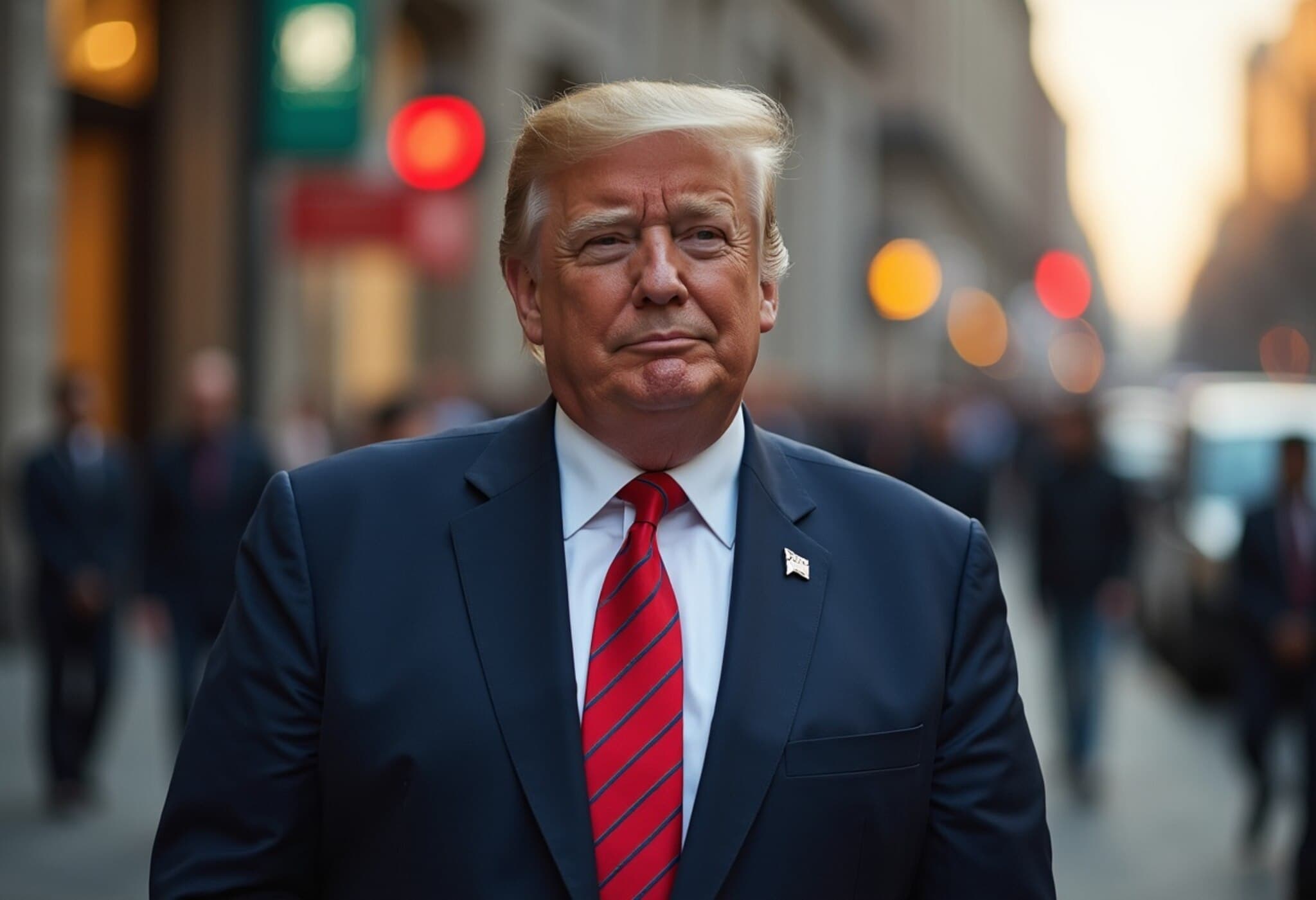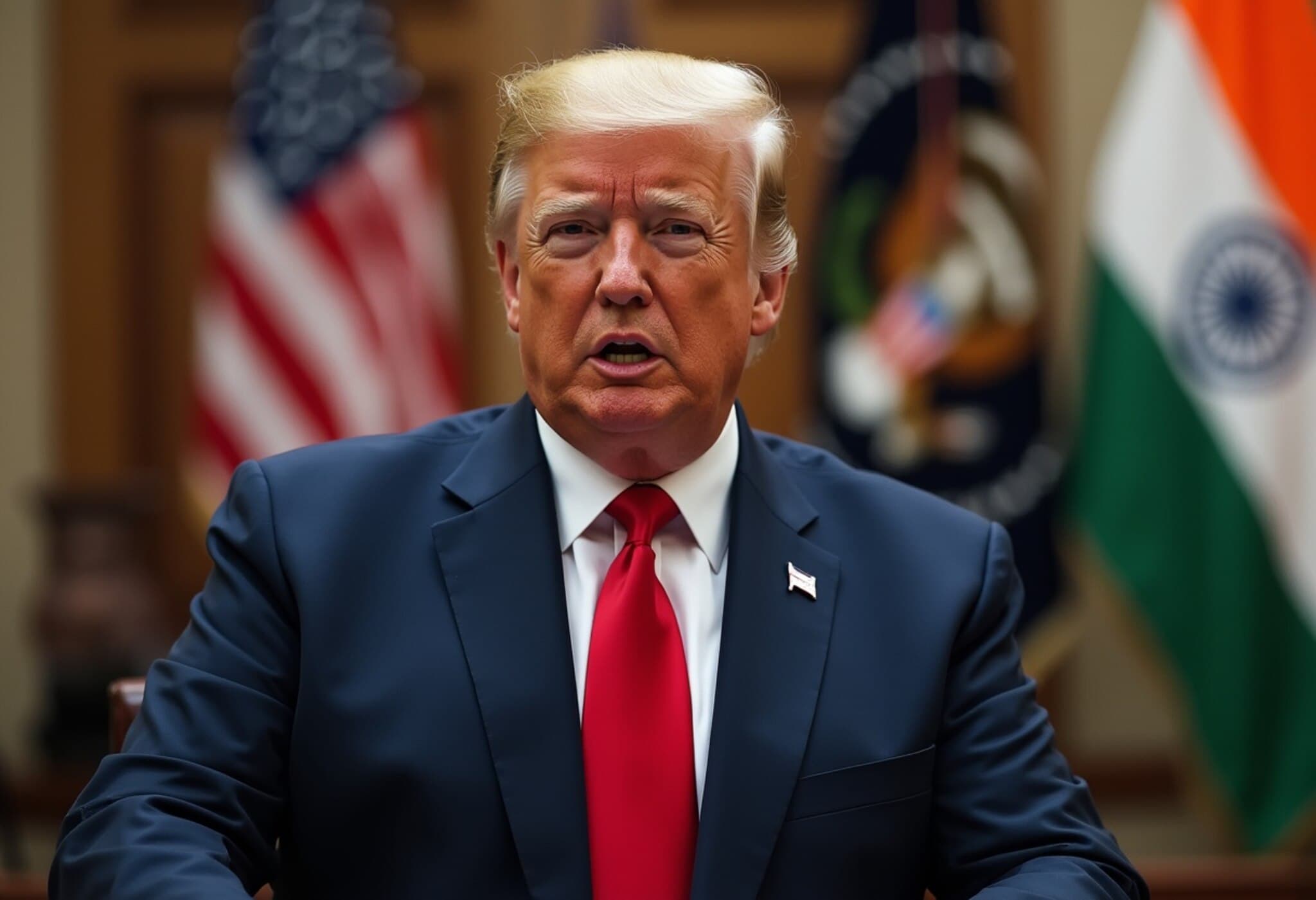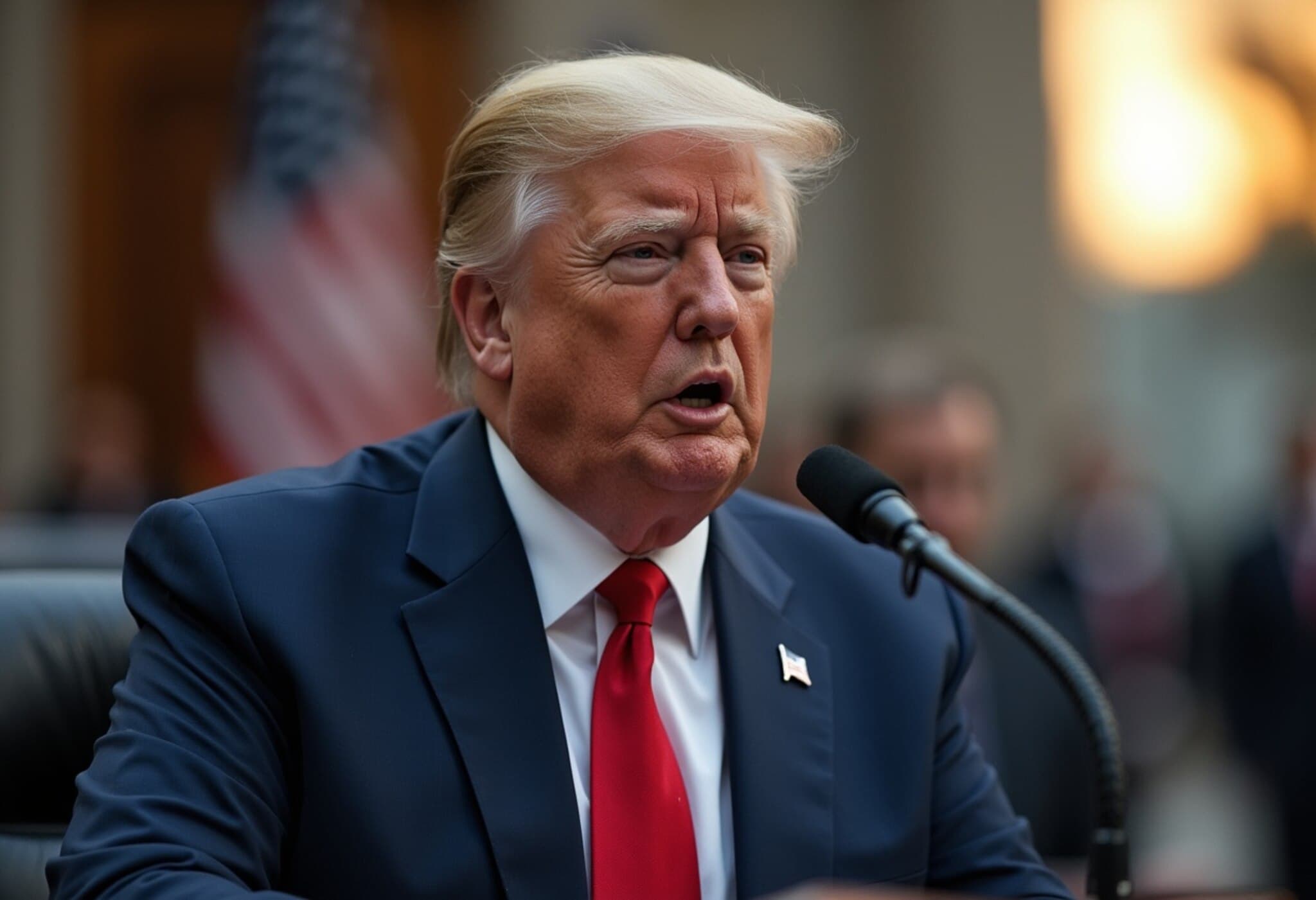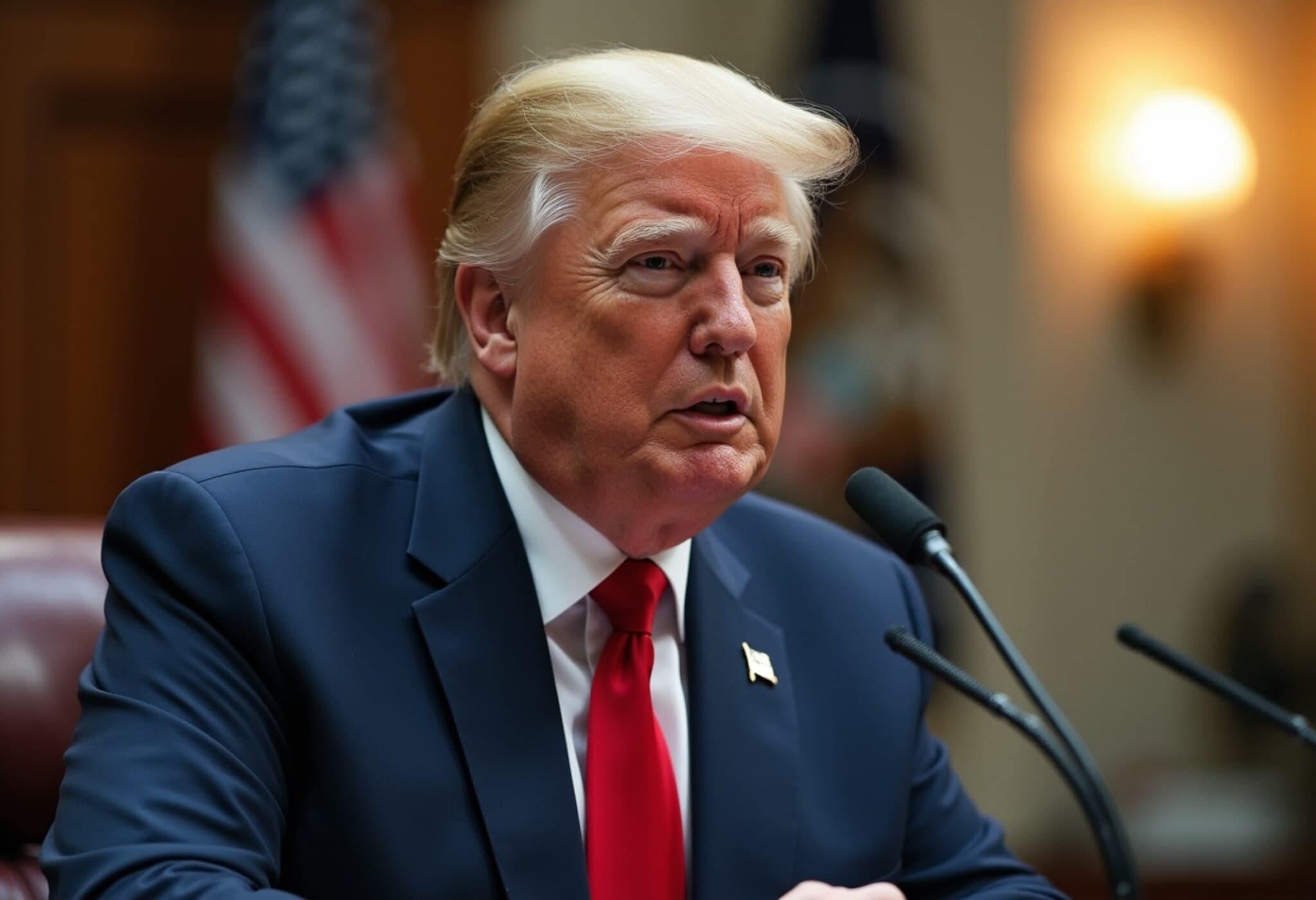Indian Refiners Maintain Russian Oil Imports Amid U.S. Pressure
Contrary to recent assertions by U.S. political figures, Indian refiners have not ceased importing crude oil from Russia, underscoring the complex interplay of geopolitical strategy and economic necessity. Government sources, as reported by ANI, emphasize that Indian oil procurement decisions are driven primarily by economic considerations rather than political rhetoric.
Economic Factors Trump Political Statements
According to insiders, India's choices concerning crude purchases are influenced by a matrix of factors including price competitiveness, crude grade suitability, existing inventory levels, and logistics efficiency. Russia remains a pivotal supplier as the world's second-largest crude exporter, anchoring significant segments of the global energy market.
These realities resonate deeply with India’s status as the world’s third-largest energy consumer, heavily reliant on imports for about 85% of its crude oil needs. Such dependence necessitates a pragmatic approach to sourcing, especially amid fluctuating global oil prices and supply uncertainties.
Background: The U.S. Stance and India's Strategic Balancing Act
On August 1, 2025, former U.S. President Donald Trump publicly stated that he had heard India ceased buying Russian oil, terming it a "good step." His remarks came after news reports suggested Indian state-owned refineries temporarily halted Russian crude purchases due to fears of U.S. tariffs and shrinking price discounts.
Nevertheless, India's Ministry of External Affairs swiftly rebutted these claims. Spokesperson Randhir Jaiswal reaffirmed the enduring, "time-tested partnership" between India and Russia while simultaneously highlighting the robust and evolving relationship between India and the U.S., anchored in shared democratic values and mutual interests.
The Geopolitical and Economic Context
- Russian Oil Market Impact: The risk of Russian oil being sidelined due to sanctions or geopolitical friction had previously driven Brent crude prices to a peak of $137 per barrel in March 2022.
- India’s Energy Security: Facing intense energy demand driven by economic growth, India must diversify suppliers while ensuring affordability and consistent supply.
- International Norms and Compliance: Indian officials stress that procurement strategies comply fully with international guidelines and sanctions.
Expert Insight: Navigating Complex International Relations
Energy policy analysts note that India’s stance reflects a delicate balancing act. Maintaining energy security while managing diplomatic pressures from Western allies illustrates the intricate juggle of globalization. The scenario reveals how economic imperatives often outweigh straightforward political posturing in the international arena.
Furthermore, the U.S. administration’s efforts to curb Russian oil sales globally confront realpolitik realities. India, prioritizing affordability and stability, demonstrates the limits of unilateral sanctions' influence on third-party countries deeply embedded in global energy supply chains.
What Lies Ahead?
This episode raises important questions about the future of energy diplomacy:
- Can economic pragmatism coexist with geopolitical alliances without undermining either?
- How will India navigate its strategic relationships with two global powers with competing interests?
- What mechanisms might emerge to reconcile energy security needs with international sanction regimes?
The evolving dynamics between India, Russia, and the U.S. underscore a broader shift toward multipolar global energy and diplomatic landscapes.
Editor's Note
India’s continued imports of Russian oil highlight the intricate realities of global energy dependence amid geopolitical tensions. While U.S. calls for sanctions compliance echo loudly, economic imperatives and national energy security needs often lead to nuanced, less visible pathways. This story is emblematic of a broader challenge—balancing principled diplomacy with pragmatic policymaking in an increasingly complex world. Readers are encouraged to watch closely how these dynamics unfold, as they carry significant implications for global markets and international relations.

